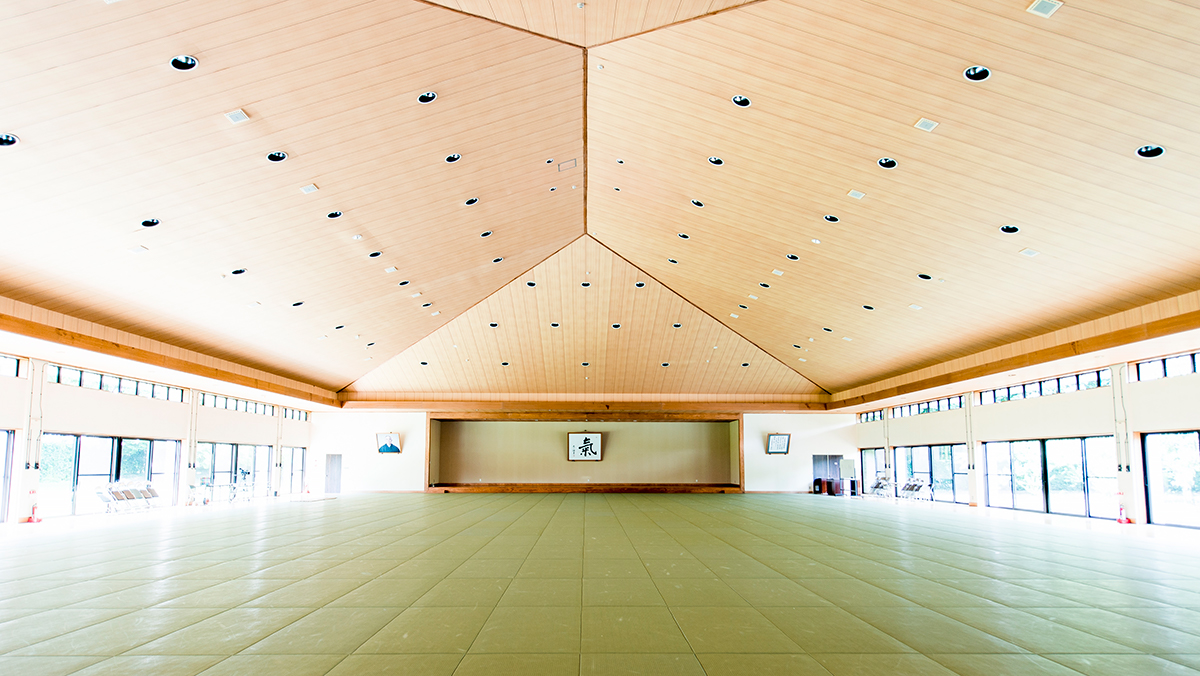A Short Instruction:
The purpose of this kind of article is to practice and validate the Ki principles (Mind moves body) which are the foundation of Ki-Aikido in your daily life. Therefore, it has no meaning if you just read it without practicing it.
The fundamental method of mastering anything is practice. However, not just practice, but it is also important to validate how one has changed as a result of the practice.
It is easy to lose what you have learned without practice. On the other hand, you will never lose what you have learned through practice and validation. Therefore, please read, practice, and validate the contents of my article at least four times within a month.
Do Others Actually Make Us Do Something?
The essence of Ki-Aikido is found in the Ki principles, which are practices showing us how mind moves body. “Mind moves body” means “Mind always has an effect upon the state of the body”.
This is story about Ki-Aikido technique:
A person grabs your wrist with all his strength. Can you move the opponent freely and lead him in a harmonious way? It is up to your realization if you can do this or not.
That the opponent grabs your wrist is a fact. However, there are two ways to experience this: “the opponent grabbed you” or “you allowed the opponent to grab you”.
If you perceive this as you have been grabbed, you cannot move at all. However, if you perceive it as you allowing the opponent to grab, you can move freely. It is truly amazing for beginners. What matters is the state of your mind.
Mind does not have shape. Some people imagine that others cannot know their mind. Therefore they think that it is okay to use their mind in any way. However, this thought does not work in Ki-Aikido. Practice is better than precept, so how we use our mind in practice is important. You cannot execute a Ki-Aikido technique if you use your mind improperly.
Here is the same example of use of mind in our daily life:
Many people get really nervous in public. They feel strongly self conscious about “being seen” by other people. As a result, they pull Ki to themselves.
However, if they change their perception from “being seen” to “seeing”, the nervousness is relieved astonishingly. That is, send Ki to others.
When you pull Ki, you only think about yourself. For example, “What if I fail?” ”What if I am not respected?”
Instead, just send Ki to others, not to yourself. For example, just “see others’ personality”, or “see the expression on others’ faces”, or “see others’ fashion”. These are examples of sending Ki to others. Change your Ki direction from inward to outward.
I was often nervous in the past. However, after I learned to extend Ki to others, even the nervousness became a big advantage, and I became very strong when in front of others.
Another example is when you are asked to perform some sort of work:
Many people perceive this as “others are forcing me to work”. If you see it this way, you cannot work efficiently and will become tired unnecessarily. However, even when it is the same work, if you see it as “I do this work myself”, you can increase efficiency and will not become so tired.
In simple terms, “It is always better to do something positively and in a joyful way, than thinking others are forcing you to do something. However, many find it difficult to make this transition of mind. It is terrible that they use their mind incorrectly and then say “I am tired”. In this way they lose their own motivation.
We practice the effective use of mind in Ki-Aikido. If you apply this in your daily life, you can do things in comfort. Even if you learn one Ki-Aikido technique, its principle is very deep.
Let’s practice and validate the following:
1.When you meet others, think “Others are looking at me.”
Then, when you meet others, think “I am looking at you.”
2. When you work, think “Others are forcing you to work.”
Then, when you work, think “I do this work.”
The point of validation is:
1. When you meet others, in which of these ways was your mind more calm?
2. When you work, which way were you more comfortable?

